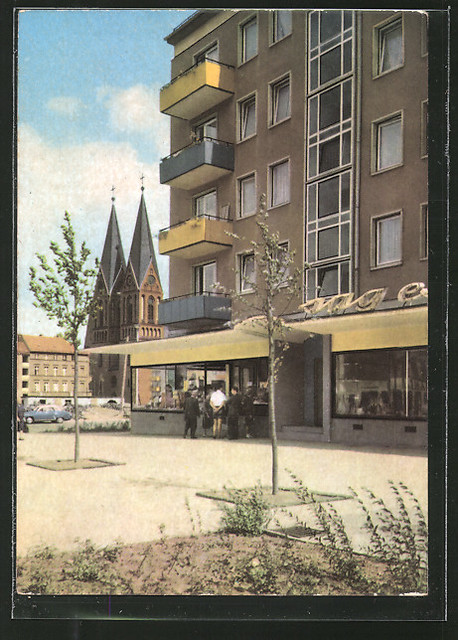Why Choose an Electric Boiler Supplier?
Electric boilers rely on electricity to generate steam. They’re ideal for applications where space is limited and where emissions are a concern. They are also much more cost-effective than gas and oil-fired units.
Many industrial companies are transitioning to electrification of their process heating. electric boiler supplier This is to reduce fossil fuel consumption and greenhouse gases (GHG) emissions.
Cost
Electric boilers are a type of steam boiler that uses electricity to heat water, allowing them to produce a higher level of efficiency than gas models. They also operate quietly and do not emit smoke or carbon monoxide. They can be used in a variety of applications, including manufacturing and laundries. They are also available in a wide range of sizes, making them suitable for small to medium-sized businesses that need steam for processes.
The cost of an electric boiler depends on the size of your home and the energy efficiency you desire. For example, you may need a boiler that provides 30 to 45 BTU per square foot of space. This will require a Manual J calculation, which takes into account several factors such as foundation type, insulation values, and windows. In addition, you will need to consider the climate in your area.
An electric boiler requires a large amount of electricity to operate, which can increase your utility bills. However, you can reduce the costs of running an electric boiler by increasing your home’s energy efficiency and installing a separate air conditioning unit. In addition, you can take advantage of tax breaks that are available for eco-friendly heating. These benefits make an electric boiler a viable option for many homeowners. However, it is important to shop around for prices and get a few quotes before making a decision.
Energy Efficiency
A high-quality electric boiler can offer exceptional energy efficiency, reducing your electricity bills and carbon footprint. However, it requires regular maintenance and annual servicing to keep it running at peak performance. Additionally, the type of boiler you choose can impact its energy efficiency. For example, gas-powered boilers generally have lower operating costs than electric ones.
The type of boiler you choose depends on your home’s heating needs and the level of insulation. It is also important to check the installation requirements before purchasing an electric boiler. A dedicated circuit is recommended, ensuring that the electric boiler is connected to its own consumer unit. The consumer unit should be rated to withstand the maximum current draw of the boiler.
Electric boilers are a great choice for homes without access to natural gas. They do not produce any emissions and are quieter than traditional gas boilers. They can even be used in listed buildings as they do not require chimneys. In addition, they can be fitted with solar panels to power the boiler and reduce energy bills. However, it is important to understand that electricity-resistance heating is more expensive than gas, and it is essential to get a correctly sized electric boiler for your home. A boiler that is too small will not heat your property adequately, while a boiler that is too large will lead to excessive electricity bills.
Safety
The best electric boilers are those that use less energy than their gas counterparts and have a good warranty period. This means that if the boiler has any issues, you won’t have to pay a lot for repairs.
They also have fewer moving parts and are quieter than their fuel-fired counterparts. These factors mean that they are ideal for residential areas and can be easily installed in a home. Additionally, their lack of smoke emissions makes them ideal for environmentally friendly environments. They also offer greater flexibility in installation locations since they do not require fuel pipes or chimneys.
Electric boilers are a safe option for industrial applications and can be used in conjunction with a generator to provide backup power. They are especially useful for chemical processing, where precise temperature control is necessary. Moreover, they can be used to sterilize equipment and maintain sanitation standards in food manufacturing facilities.
Industrial electric boilers are designed to be durable and have a corrosion-resistant stainless steel heat generator vessel. They can be sized to meet the needs of your company and come in various models, including portable ones. They can also be paired with a steam turbine for redundancy. In addition, they can be fueled by both natural gas and electricity. This eliminates the need for additional field piping and may help speed up the permitting process.
Installation
Electric boilers use electricity to heat water and distribute it to radiators and hot water tanks. They do not emit any carbon monoxide, and they are quieter than gas boilers. They also don’t need a electric boiler water heater flue, which means that they can be installed in different locations. Additionally, they can be easily integrated into central heating systems.
Industrial electric boilers are used in various applications including pharmaceutical manufacturing, textile production and food processing. They meet stringent sterilization requirements by producing clean, high-quality steam for equipment and products. They also ensure optimal product quality and patient safety.
For industrial applications, you can use a turnkey system integrator to install standard or custom electric boilers. These units feature stainless steel construction and can produce up to 70,000,000 btuh. They are available in single or twin tower configurations and offer a variety of fuel types. They are also capable of generating large amounts of energy with little pressure drop.
If you are installing an electric boiler, be sure to hire a skilled and licensed heating engineer or electrician. They will be able to handle the plumbing and electrical aspects of the job. You should make sure that the circuit breaker or MCB in your consumer unit is sized correctly to withstand the maximum current draw of your boiler. You can find this information in the manufacturer’s Installation and Operating Manuals, which you should keep handy.


